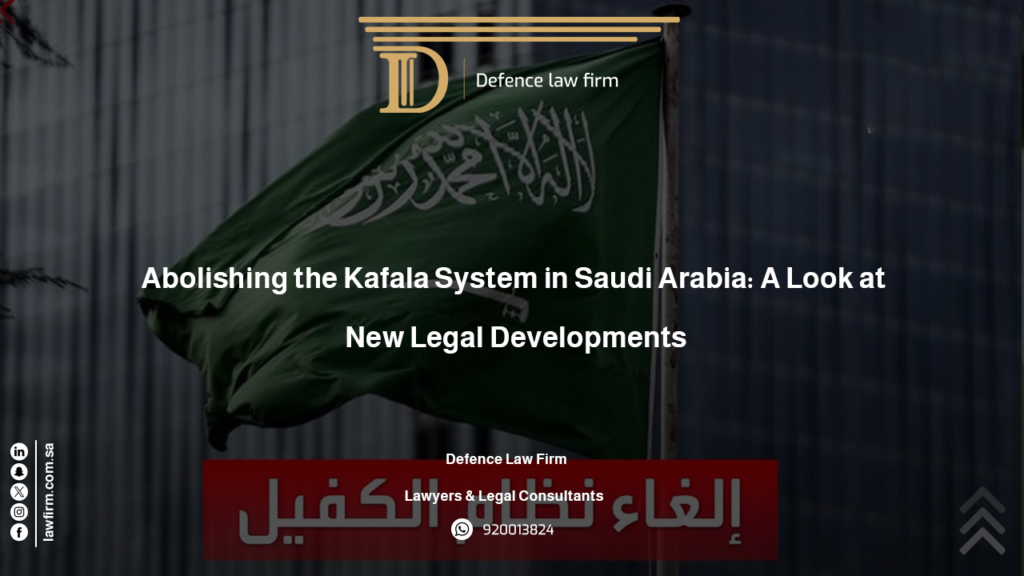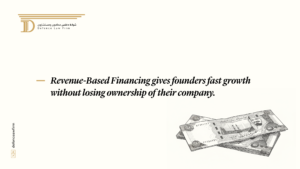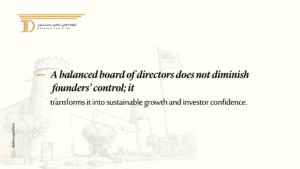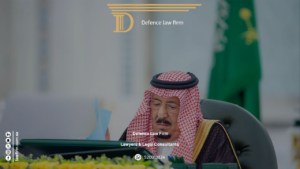Amid sweeping economic and social transformation, Saudi Arabia has launched bold legal reforms to restructure its labor market. One of the most pivotal changes is the abolition of the traditional sponsorship (kafala) transfer system, reshaping the relationship between expatriate workers and employers into a modern, contractual model.
This reform reflects the Kingdom’s commitment to Vision 2030, emphasizing labor market flexibility, international competitiveness, and human rights protection. It marks a strategic step toward aligning national regulations with global standards while creating a more equitable and transparent working environment.
This article explores the legal, economic, and social implications of ending the sponsorship transfer system and the promising future it signals for labor in Saudi Arabia.
Table of Contents
ToggleWhat Was the Sponsorship System?
The sponsorship system tied foreign workers to a local employer or “sponsor,” granting them control over key aspects of the worker’s legal status. Employers handled residency permits, travel permissions, and, most notably, job transfers. This structure restricted labor mobility and exposed workers to exploitation and dependency.
Human rights organizations and international observers strongly criticized the system for violating worker freedoms and undermining equality in the labor market.
Legal Reforms: Abolishing the Sponsorship System
In November 2020, the Ministry of Human Resources and Social Development launched the Labor Reform Initiative (LRI), which removed the requirement for sponsor consent in job transfers for most foreign workers in the private sector. The reform took effect in March 2021.
Key Features of the New System:
- Job Mobility:
Workers can now change jobs upon contract expiration without needing employer approval. - Exit and Re-Entry Visas:
Expatriates can apply for travel and final exit visas independently via the Absher platform. - No Employer Consent Required:
Transfers and service updates now depend on legal compliance rather than sponsor permission.
The employer-employee relationship remains, but under a standardized contract governed by labor law, not personal sponsorship.

Why Was the Sponsorship System Abolished?
1. Advancing Human Rights
Saudi Arabia aims to enhance worker protections and reduce exploitation by giving employees greater autonomy in their careers.
2. Boosting Labor Market Attractiveness
The older system discouraged skilled professionals from entering the Saudi job market. By introducing flexibility and transparency, the reform encourages global talent to consider Saudi Arabia a viable career destination.
3. Complying with International Standards
The move brings Saudi labor policies closer to those of the International Labour Organization (ILO) and supports broader efforts under Vision 2030.
4. Supporting Workforce Nationalization (Saudization)
A more level labor market ensures fairer competition and helps Saudis access quality jobs, as businesses reduce reliance on inflexible expatriate arrangements.
Who Benefits From the Reform?
While not all workers qualify immediately, a wide range of expatriates now enjoy new freedoms under specific conditions:
Eligible Workers Include:
- Private Sector Employees:
Workers employed under documented contracts via the Qiwa platform. - Employees with One Year of Service:
Workers can switch jobs after 12 months with the current employer under a valid contract. - Legally Compliant Workers:
Candidates must hold valid documentation and maintain a clean legal record. - Workers Facing Contract Violations:
Job changes are permitted in cases of:- Unpaid or delayed wages
- Job misrepresentation
- Registration without actual work
- Workers with Verified Offers:
A new offer from a compliant company on Qiwa is mandatory, along with meeting Saudization quotas.
Excluded Groups (for now):
- Domestic workers (e.g., drivers, housekeepers, guards)
- Seasonal or temporary workers
- Workers without contracts or employed by non-compliant firms
The government may include these groups in future phases after assessing the reform’s impact.
Economic Implications of the Reform
The reform aligns with Saudi Arabia’s broader Vision 2030 agenda to modernize the economy and labor system.
1. Investor Confidence
By eliminating outdated labor restrictions, Saudi Arabia projects a more business-friendly environment to foreign investors.
2. Higher Productivity
Performance, not administrative control, now determines job continuity—encouraging efficiency and merit-based employment.
3. Support for Saudization
The reform helps curb illegal practices like “tasattur” (cover-up businesses), empowering fair hiring and aiding Saudi jobseekers.
4. Reducing the Informal Economy
Previously, the rigid system led to underground labor practices. Digital platforms such as Qiwa and Absher now track labor movement, minimizing illegality and increasing regulatory control.
5. Better Global Rankings
Labor reforms have improved Saudi Arabia’s standings in:
- Ease of Doing Business Index
- Labor Rights Index
- Investment Climate Index
This enhances credibility with international organizations and investors.
6. Driving Digital Transformation
The shift to contract-based relationships required tech-driven systems. The government responded with platforms like:
- Qiwa: Contract management and mobility
- Absher: Visa services
- Mudad: Wage protection
These tools support a data-driven, agile labor market.
The Role of Defense Lawyers & Legal Consultants
As labor regulations evolve, businesses and individuals rely heavily on experienced legal advisors. Defense Lawyers & Legal Consultants offers essential guidance during this transition.
Their services include:
- Hosting legal awareness sessions
- Drafting contracts and registering them through official portals
- Representing clients in labor disputes
- Advising on internal HR policies and restructuring
- Ensuring full compliance with the updated legal framework
With deep local knowledge and a proactive approach, the firm has established itself as a reliable partner in this new era of labor.
Contact & Inquiries
Unified Number: 920013824
Branches: Riyadh | Qassim | Dammam
Conclusion
The abolition of the sponsorship system marks a historic moment in Saudi Arabia’s legal and labor evolution. It demonstrates a forward-thinking approach focused on fairness, flexibility, and human dignity—core values of Vision 2030. In this evolving environment, the support of knowledgeable legal experts such as Defense Lawyers & Legal Consultants, ensures smooth and compliant transitions for all stakeholders in the labor ecosystem.









